Life after 24 Sussex: What comes next for former prime ministers?
Most served as corporate directors. Two testified at public inquiries. One will help appoint the next Supreme Court justice.
Kim Campbell, Leader of the Conservative Party and Prime Minister designate is given a standing ovation in the House of Commons by Prime Minister Brian Mulroney and other members of the government on June 16, 1993. (Tom Hanson/CP)
Share
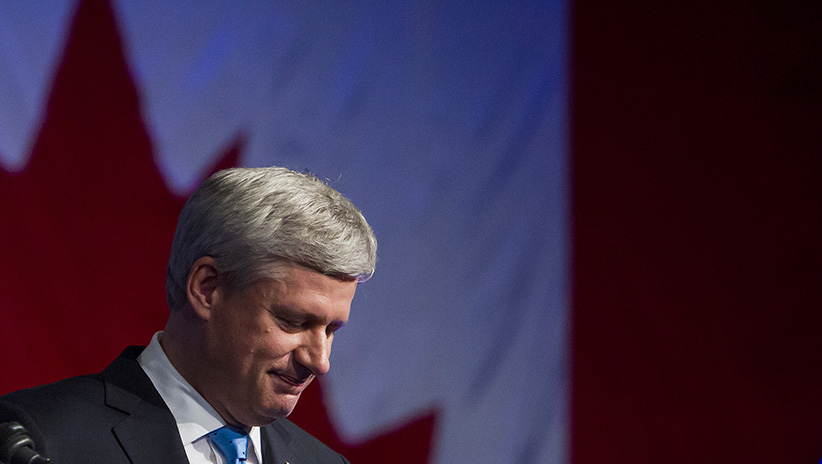
Stephen Harper has now joined the elite club of six living former Sussex Drive residents who roam through private life with the honorific Right Honourable. Among former prime ministers, it’s not rare that he’s leaping straight from his federal seat into something else; namely, his Harper and Associates international business consultancy. But what does nearly set Harper apart from most of his cohort is his decision not to stick it out as MP until the next election—the only other living former PM to make the same decision was Jean Chrétien.
What other paths of his predecessors will Harper follow or avoid? Will he pen a blandly titled autobiography? Will he stick his nose back into politics or public advocacy? Will some past dealings land him back in the public eye in ways he’d rather avoid?
Here’s how other former PMs have busied themselves in between those visits to the mailbox for federal pension cheques:
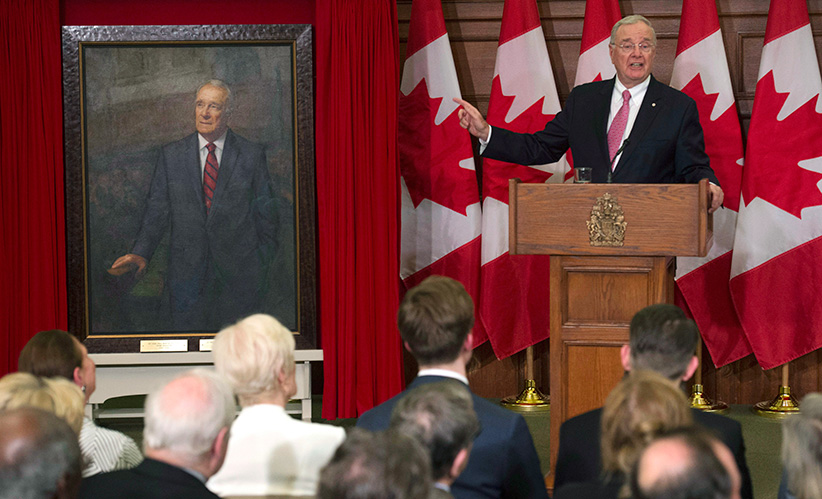
Paul Martin
Left the House of Commons: after the October 2008 election, following a 2.5-year backbench term
Memoir: Hell Or High Water: My Life In And Out of Politics (2008)
Current age: 77
Martin is the former PM whose post-political profile has most resembled those of ex-presidents Jimmy Carter and Bill Clinton, who launched namesake charitable organizations (one of which has been in the news a fair bit lately, for whatever reason). Shortly after losing as PM—but while he was still a Montreal MP—the former shipping magnate launched and personally financed the Martin Aboriginal Education Initiative, which brings entrepreneurship programs and other initiatives to schools with the aim of improving outcomes and curbing Indigenous student dropout rates. That area of concern was to be a focus of his life as prime minister with the 2005 Kelowna Accord, but Martin’s successor wasn’t so keen on that file. The MAEI is no massive venture—Revenue Canada reports three paid staff, and $1.9 million in revenue in 2014—but it’s become Martin’s calling card, paired with a $50-million Capital for Aboriginal Prosperity and Entrepreneurship Fund he launched in 2010 with the help of several large corporations.
MORE: Former PM Paul Martin … an international man of style?!
Martin has also taken an interest in Africa since his retirement from elected politics. In addition to work with the African Development Bank, he was named chair of the Congo Basin Forest Fund, which quietly wound down last year. He still enjoys giving advice on policy in various fields, whether it’s solicited (as an adviser for Kathleen Wynne’s Ontario pension plan and Canada’s Ecofiscal Commission) or not (urging the Trudeau government to re-engage with Africa; and all sorts of Harper policies).
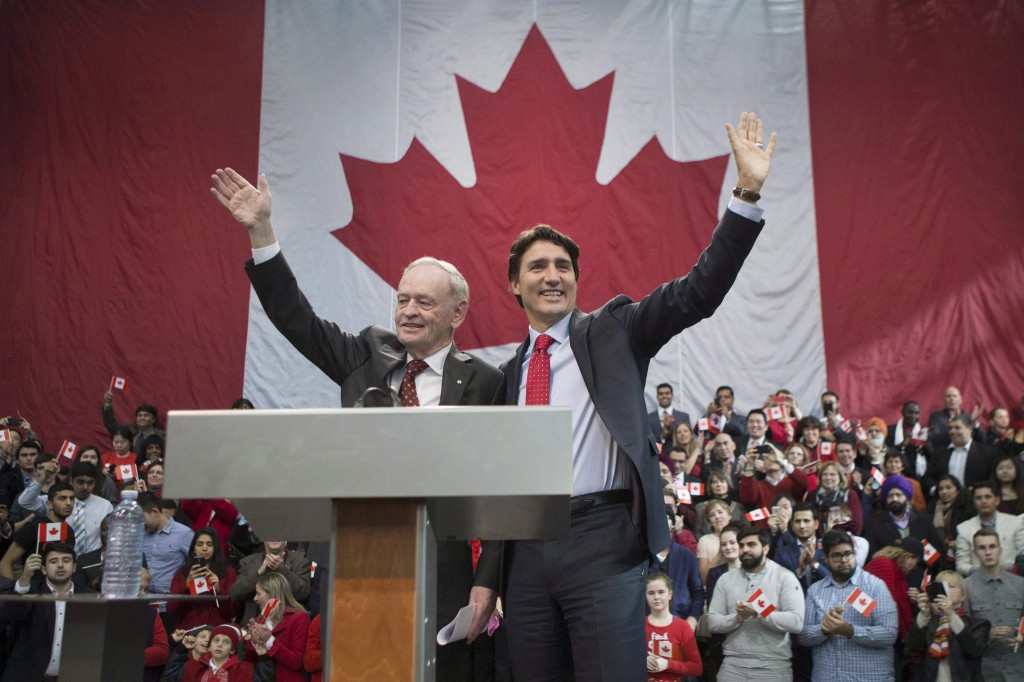
Jean Chrétien
Left the House of Commons: December 12, 2003, the same day he formally surrendered the keys to 24 Sussex.
Memoir: My Years as Prime Minister (2007); Straight from the Heart (1985)
Current age: 82
After leaving politics in late 2003, Chrétien endured an infamous return to the limelight barely a year later: his testimony at the Gomery commission into the Liberal sponsorship scandal that sprang up on Chrétien’s watch and doomed his successor. But by the time he was pulling branded golf balls from his briefcase in response to Justice John Gomery’s “small town cheap” swipe, Canada’s 20th prime minister had long started his new life as globetrotting counsel for Heenan Blaikie, the same law firm where another former PM, Pierre Trudeau, worked until his death in 2000. Chrétien also swiftly secured a gig as special adviser to Calgary-based PetroKazakhstan, the first of many energy-related posts he held. Like Martin, Chrétien’s travels often sent him to Africa, but for him it’s been mostly business. His time as international man of mystery included last year’s bewildering Moscow sit-down with Vladimir Putin, which ran counter to Stephen Harper’s bid to isolate the expansion-minded Russian president. When Chrétien’s law firm collapsed in 2014, he quickly found work with Dentons.
Despite the tensions with the Martin camp that hastened his political departure, Chrétien has remained the Liberals’ most beloved elder statesman. He was a key negotiator for the failed 2008 NDP-Liberal coalition, and showed the kid how it’s done last fall when he campaigned for Justin Trudeau. He remains an in-demand public speaker.
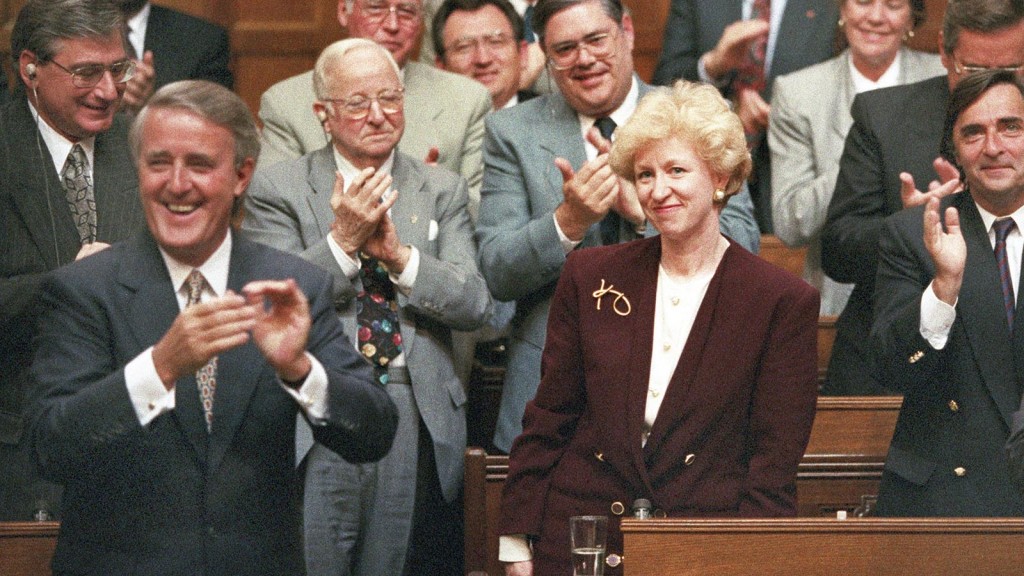
Kim Campbell
Left the House of Commons: after losing her seat in the 1993 election
Memoir: Time and Chance (1996)
Current age: 69
The choice of when to enter private life was made for North America’s first female head of government. Campbell lost her seat in the Tory armageddon of 1993, which reduced her party’s caucus to two MPs. A year later, she took a fellowship at Harvard University’s John F. Kennedy School of Government. In 1996, it was Chrétien who gave her four years in office after earlier denying her: she was appointed consul-general in Los Angeles. Her deploring of the Canadian Alliance likely helped make Stephen Harper want far less to do with her, but Justin Trudeau recently brought her back as chair of his new Supreme Court selection advisory board.
Campbell has been involved with myriad international organizations, led the Council of Women World Leaders and International Women’s Forum, and also held corporate directorships. She has been the principal of the University of Alberta’s Peter Lougheed Leadership College since 2014.
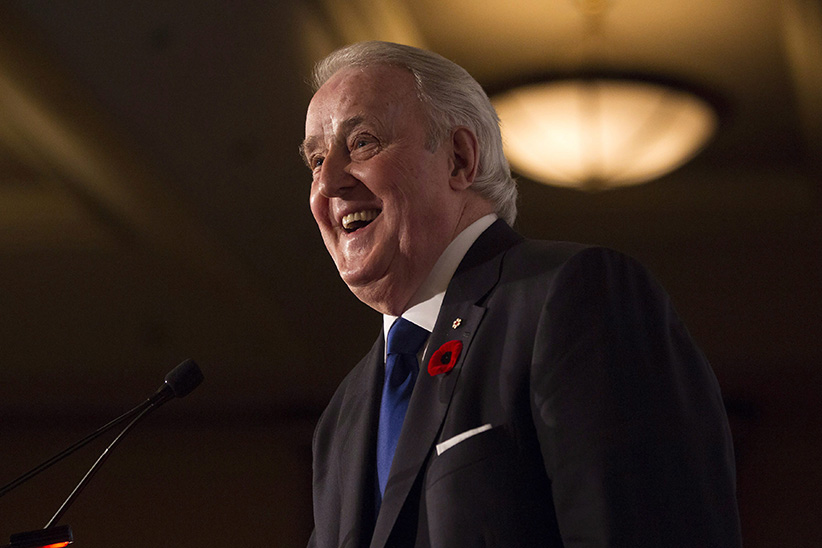
Brian Mulroney
Left the House of Commons: after 1993 election
Memoir: Memoirs: 1939-1993 (2007)
Current age: 77
After giving Canada the GST and free trade with Mexico and United States, Mulroney’s approval ratings entering 1993 were in the teens, so he decided that election year was a fine time to leave. That year, he returned to Ogilvy Renault, the law firm he first joined in 1964, fresh out of law school. Mulroney is still with the firm, now known as Norton Rose Fulbright. He also answered the door-knocking of several major corporate firms, and holds board posts with Barrick Gold Corp., Quebecor Media and the Blackstone Group.
It was another business relationship that kept Mulroney wincing in the public spotlight for much of his post-political life: his 1993 and 1994 acquisition of cash-stuffed envelopes from German-Canadian businessman Karlheinz Schreiber, a lobbyist for plane manufacturer Airbus. The saga lasted until 2010, when a public inquiry determined that Mulroney’s dealings with Schreiber while still an MP were not appropriate. Before Harper was pressured to call the inquiry, he occasionally consulted Mulroney for advice.
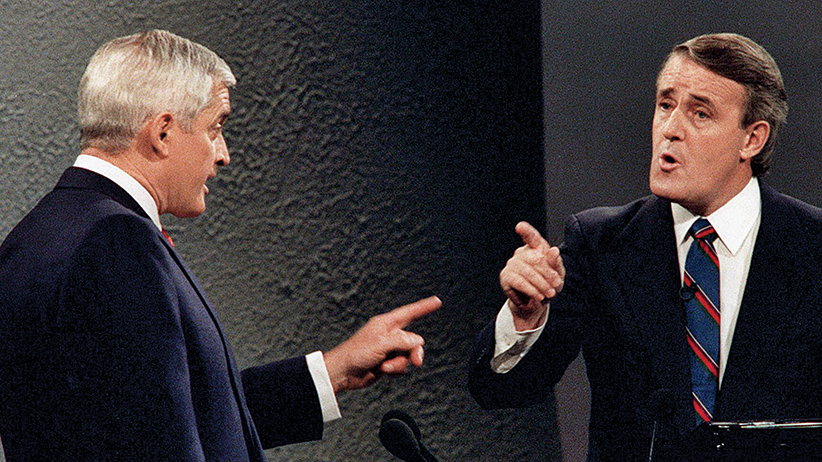
John Turner
Left the House of Commons: after 1993 election
Memoir: None published
Current age: 87
Pierre Trudeau’s successor spent 79 days as prime minister, and as of Aug. 26, 2016, 11,666 days as a former prime minister. Unlike Martin and Harper, Turner didn’t take electoral defeat as a sign he should resign as party leader. He didn’t just remain top Liberal after badly losing in 1984; he lived on to fight the 1988 free trade election against Brian Mulroney, and stayed at the helm until Chrétien won the party leadership in 1990. Turner later returned to law with Miller Thomson, and worked for that Toronto law firm until retiring in 2013 at age 83. He’s still on some corporate boards, including electricity producer Northland Power, and was formerly a director of major insurance companies.
The shortest-serving of today’s living former PMs has also been the most quiet in public, certainly in this century. But a few years after leaving office, he was a director of the World Wildlife Fund and pushed for stronger protections against mining and wildlife habitat degradation in the Arctic. Last fall, the Niagara Peninsula Conservation Authority gave out its first Rt. Hon. John Turner Award for Water & Environmental Leadership. The recipient was John Turner.
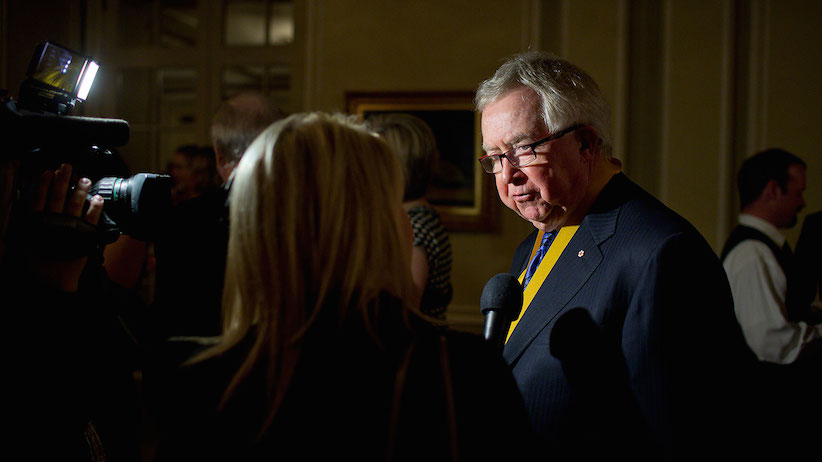
Joe Clark
Left the House of Commons: 1993, then again after the 2004 election
Memoir: None, but authored A Nation Too Good To Lose: Renewing the Purpose of Canada in 1994; and How We Lead in 2012
Current age: 77
Like Turner, Clark’s loss after a few months in power didn’t end his political career. In fact, the majority of it occurred after he lost the top job in 1980. Mulroney named him foreign affairs minister from 1984 to 1991, a span that included the Canada-U.S. free trade deal and anti-apartheid sanctions on South Africa, as well as the Berlin Wall’s collapse. He then served as constitutional affairs minister amid the Charlottetown accord, and planned to exit public life on the same election day in 1993 that would also be the last for three of his prime ministerial successors.
After stints as a scholar at Berkeley and a United Nations representative in Cyprus, Clark started (stop us if this sounds familiar) an international business consulting firm named Joe Clark and Associates in 1994. But his political retirement didn’t last; he returned as Progressive Conservative leader from 1998 to 2003, before Peter MacKay took over and merged the Tories with Harper’s Canadian Alliance. Clark loudly cursed that move, and would persist for years as an old Red Tory critic of the Harper government. He’s currently a professor at McGill, and a member of several international advisory bodies and corporate boards.